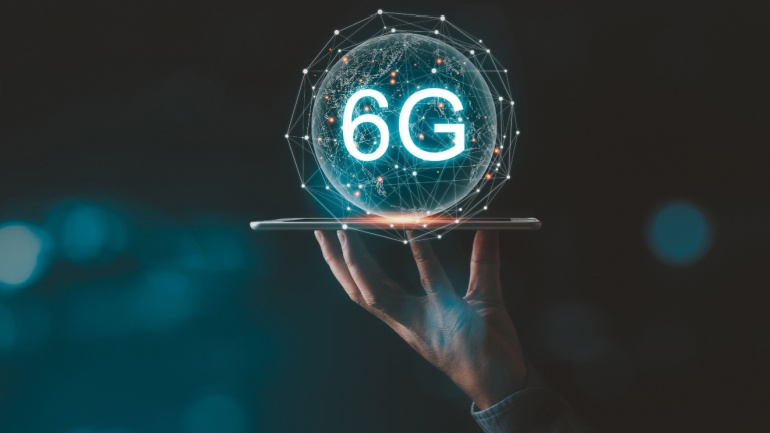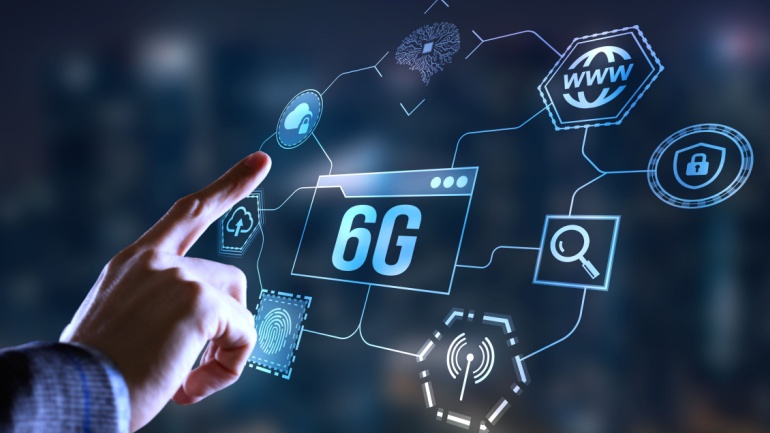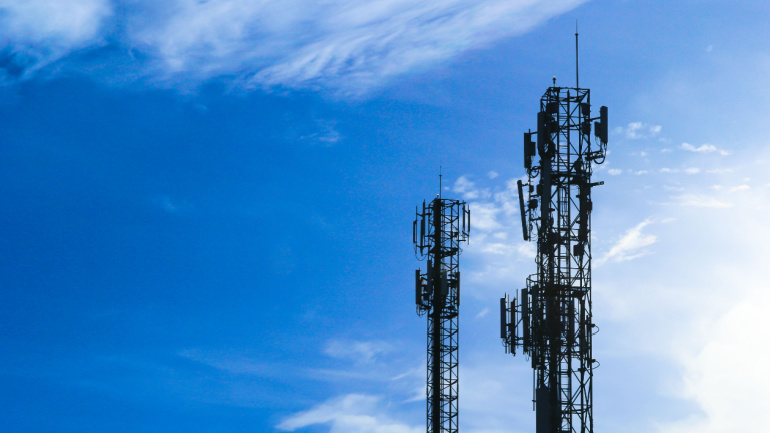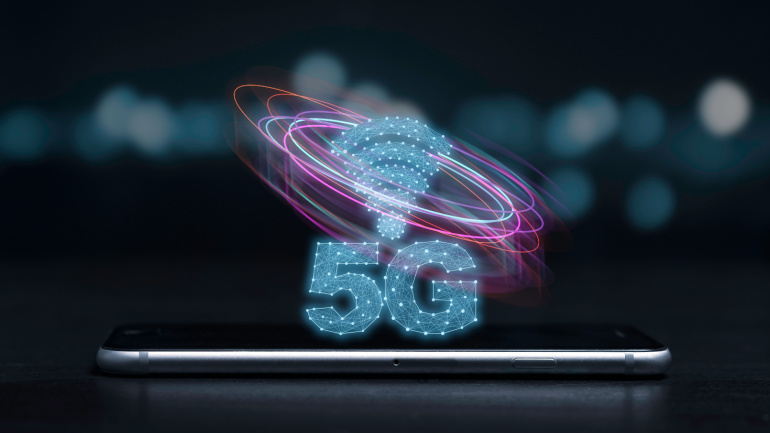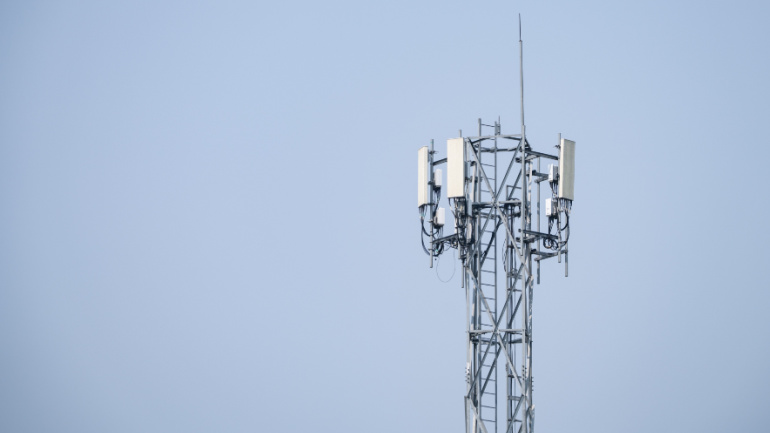Greenerwave, a French deep-tech company specializing in electromagnetic wave control, along with its partners in the 6G Non-Terrestrial Networks (6G-NTN) project, has released a white paper titled “Vision on Non-Terrestrial Networks in 6G Systems (or IMT-2030).” This document outlines the future of connectivity within the 6G ecosystem, highlighting the anticipated development of a new generation of wireless communication technologies expected to begin deployment around 2030.
In a bid to expedite the advancement of 6G software, tech behemoth Samsung and chip design firm Arm have joined forces to delve into parallel packet processing technology. This cooperative effort will see Samsung Research launching an open-source initiative in conjunction with Arm to collectively innovate and refine parallel packet processing technology.
Nvidia is setting its sights on a more significant role within the mobile networking sphere, particularly in the emerging field of 6G technology. At its annual GTC AI event, the company unveiled its ambitious 6G Research Cloud Platform, positioning itself as a key player in the next evolution of mobile technology. This initiative is designed to leverage Nvidia’s expertise in chips and AI, demonstrating its capabilities beyond the realm of 5G.
In a groundbreaking move, Nokia has joined forces with SK Telecom, NTT, and DOCOMO to pioneer the development of a 6G AI-native air interface, aiming to revolutionize network performance and energy efficiency. This collaboration marks a significant leap towards integrating artificial intelligence deeply into the fabric of next-generation wireless technologies.
As the evolution towards 6G continues, telecommunications mammoths NTT DOCOMO and NTT, have expanded their research circle to include SK Telecom and Rohde & Schwarz. The newly inducted collaborators will aid in various 6G trials in Japan, focusing on identifying potent frequency bands for the upcoming technology. Of particular interest is the development of a ‘6G AI-native air interface’, that promises to bolster network performance and energy effectiveness.
In an exhilarating turn of events, telecommunications titan Ericsson collaborates with the renowned Indian Institute of Technology Kharagpur for pioneering research in AI, Compute, and Radio technology, with a spotlight on 6G development. This theoretical partnership is set to stir groundbreaking headway in fundamental and applied study in the Radio realm, significantly marking India as a technological innovation hub.
Recognizing the growing demand for mid-band spectrum, the International Telecom Union (ITU) appends new frequency bands for 5G usage. A significant addition was the 6GHZ spectrum, which is anticipated to facilitate the 5G evolution. Multiple global operators have conducted successful tests, making strides toward a seamless shift to 5G-Advanced. This advancement not only opens a myriad of industry opportunities but also promises an improved user experience potentially comparable to the fiber experience.
An unprecedented advance in antenna technology can enable the manipulation of all five fundamental properties of electromagnetic waves through software control, according to researchers at City University of Hong Kong.
Five nations have formed a global alliance, ambitiously named the Global Coalition on Telecommunications (GCOT), a promising step towards international cooperation in the telecommunication arena. Set to modernize Open RAN, enhance 6G, and resolve security issues linked to China, this consolidates the efforts of five major entities across UK, Australia, Canada, Japan, and the U.S. The coalition aims to better integrate policy matters and drive growth within the industry. However, uncertainty looms over the form this alliance will take in future, prompting intense interest within the telecom sector.
Amid growing inflation and swelling telecom budgets, the advent of 6G brings in costly implications tied to Radio Access Network (RAN) equipment. As these financial implications loom, The Next Generation Mobile Network (NGMN) Alliance proposes a different approach to 6G implementation that may spare existing 5G infrastructure from unnecessary renewal. They advocate an operator-driven decision process in refreshing the 5G RAN, maintaining that 6G upgrade should not compromise 5G user experience and should be software-upgradable on existing network elements. As 5G capex reaches its peak in markets like the U.S., NGMN’s stance could potentially redefine traditional strategies in introducing new generations of mobile technology.




